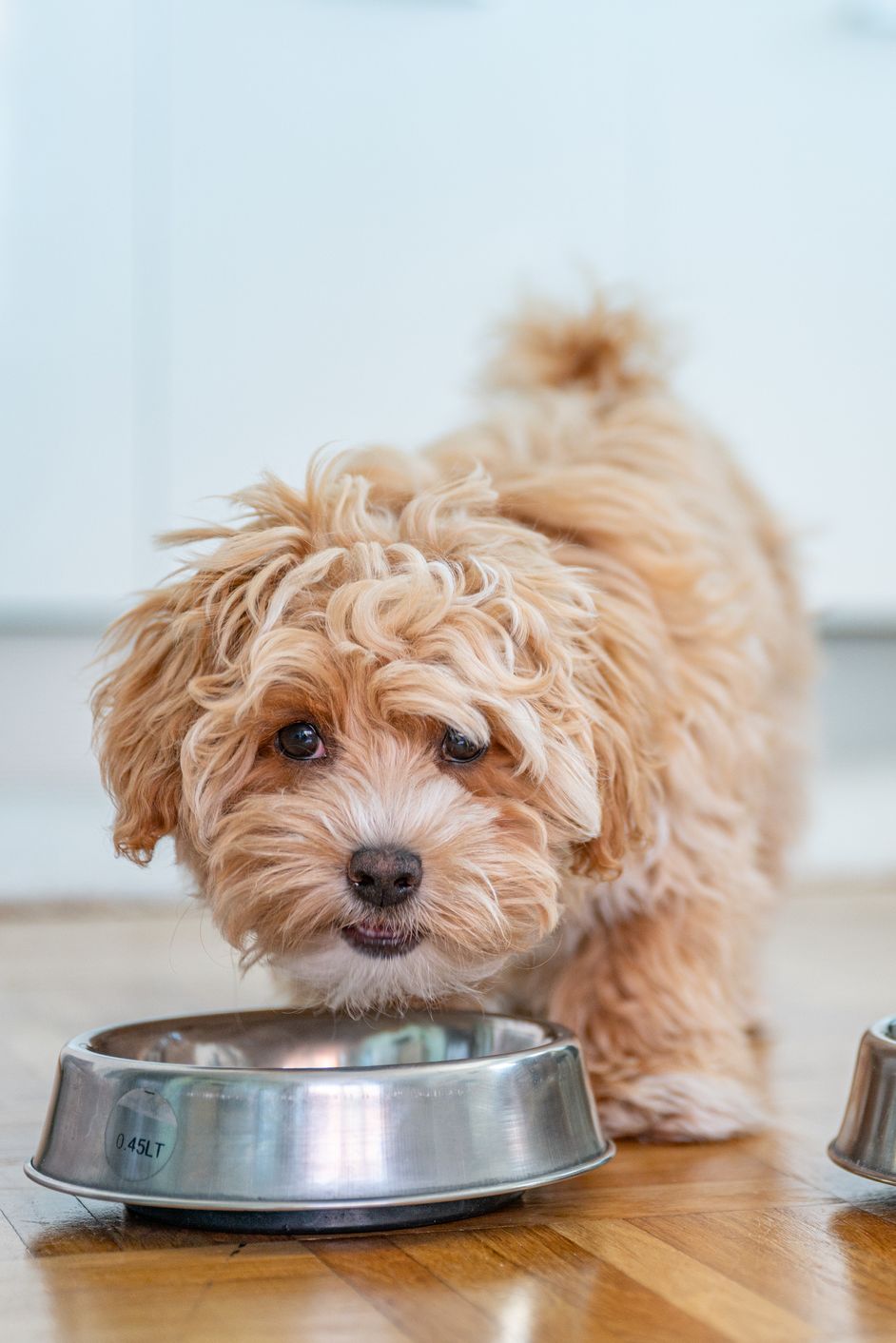7 Behaviors to Look Out for in a New Puppy: A Guide for Dog
Owners
Introduction:
Bringing home a new puppy is an exciting and joyful
experience. However, along with the cuteness and playfulness comes the
responsibility of raising a well-behaved and happy dog. Understanding and
addressing your puppy's behaviors from an early stage is crucial for their
development. In this article, we will discuss seven common behaviors to look
out for in a new puppy and provide guidance on how to handle them effectively.
Biting and Nipping:
Puppies explore their world with their mouths, and biting or
nipping is a natural behavior. However, it's essential to teach your puppy bite
inhibition early on. Encourage gentle play and redirect their attention to
appropriate chew toys. If your puppy bites, yelp loudly to startle them and
immediately withdraw your attention, showing them that biting leads to the end
of playtime.
Chewing:
Puppies love to chew, and it's a normal part of teething.
Provide them with appropriate chew toys to redirect their chewing behavior.
Puppy-proof your home by removing any valuable or dangerous items from their
reach. Additionally, keep an eye on your puppy to prevent destructive chewing
and redirect their attention to appropriate chew toys if needed.
House Soiling:
House soiling is a common challenge during puppyhood.
Establish a consistent potty training routine by taking your puppy outside
frequently, especially after meals, playtime, and naps. Reward them with praise
and treats when they eliminate in the designated area. Be patient and avoid
punishment, as it can confuse and frighten your puppy, hindering the potty
training process.
Jumping Up:
Puppies are full of energy and often greet people by jumping
up. While it may seem cute initially, it can become a problem as they grow.
Teach your puppy to greet people calmly by ignoring them until they have all
four paws on the ground. Reward and praise your puppy when they exhibit the
desired behavior. Consistency and positive reinforcement are key in addressing
this behavior.
Excessive Barking:
Puppies may bark excessively due to fear, boredom, or the
need for attention. Identify the triggers behind your puppy's barking and
address them accordingly. Provide mental and physical stimulation through regular
exercise, interactive toys, and training sessions. Teach your puppy the
"quiet" command and reward them for calm behavior. Seek professional
help if the excessive barking persists.
Separation Anxiety:
Puppies can develop separation anxiety when left alone,
leading to destructive behaviors. Gradually acclimate your puppy to being alone
by starting with short periods and gradually increasing the duration. Create a
safe and comfortable space for your puppy, leaving them with interactive toys
or puzzles to keep them occupied. Consider seeking professional advice if your
puppy's separation anxiety becomes severe.
Aggression:
While aggression is uncommon in puppies, it should not be
ignored. If your puppy displays aggressive behavior, seek guidance from a
professional dog trainer or behaviorist. They can assess the underlying causes
and provide appropriate training techniques to address the aggression
effectively. Remember, early intervention is crucial to prevent aggression from
escalating as your puppy grows.
Conclusion:
Understanding and addressing your new puppy's behaviors
early on is vital for their overall development and well-being. By recognizing
and addressing behaviors like biting, chewing, house soiling, jumping up,
excessive barking, separation anxiety, and aggression, you can raise a
well-behaved and happy dog. Be patient, consistent, and use positive reinforcement
techniques to guide your puppy towards good behavior. Enjoy the journey of
raising your new furry friend and watch them grow into a loving and obedient
companion.

